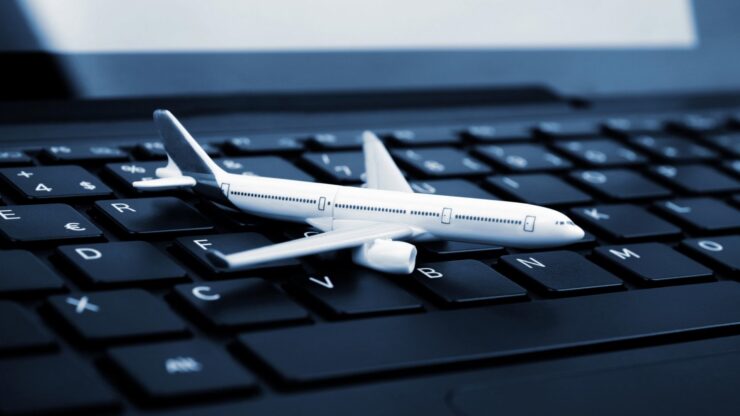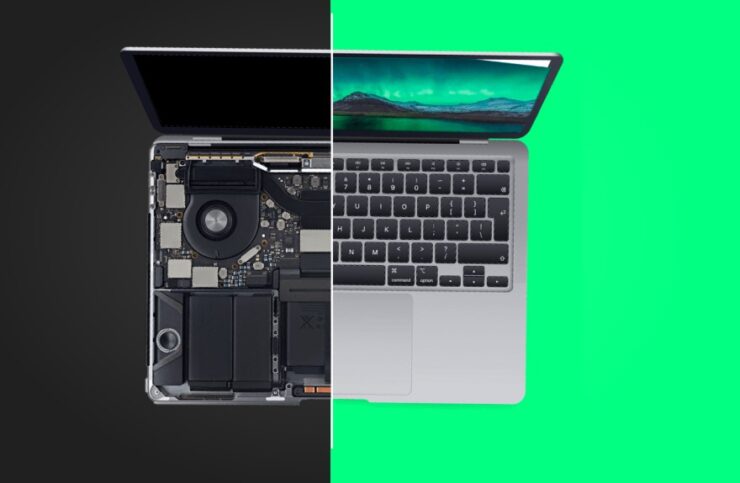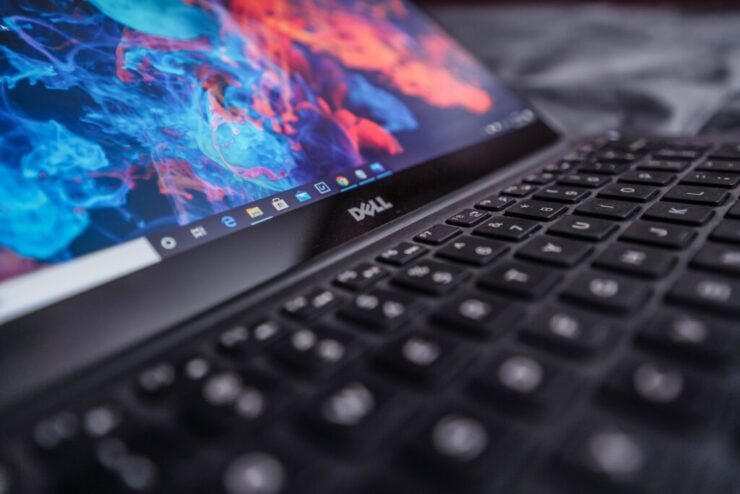Transporting a laptop safely is a common concern for anyone who relies on their device for work, study, or personal use. While it might seem straightforward, there are specific strategies you can employ to ensure your laptop remains in top condition during transit. Here are some key practical tips to help you transport your laptop safely and securely.
Choose the right laptop bag

First up, get yourself a high-quality laptop bag. Not all bags are equal when it comes to protecting your device. Look for a bag specifically designed for laptops, with dedicated padded compartments that snugly fit your laptop. The padding helps absorb shocks and prevents damage from accidental drops or bumps. Some bags even come with additional compartments for chargers, external drives, and other accessories, which helps keep everything organized and prevents items from pressing against your laptop.
Use a laptop sleeve
A laptop sleeve adds an extra layer of protection. Made from materials like neoprene or memory foam, sleeves are designed to fit closely around your laptop, providing cushioning and minimizing scratches. Use a sleeve in conjunction with your laptop bag for optimal protection. Sleeves are particularly useful if you frequently take your laptop out of your bag, as they protect it from dust and minor impacts when carried by hand.
Pack the device thoughtfully
How you pack your laptop in your bag matters. Always place your laptop in its designated compartment, ensuring it’s secure and doesn’t move around. If your bag doesn’t have a dedicated compartment, place the laptop in the center of your bag, surrounded by soft items like clothes or notebooks to act as a cushion. Avoid placing heavy items on top of your laptop, as this can exert pressure on the screen and internal components.
Keep liquids away
Spills are one of the most common causes of laptop damage. When transporting your laptop, be mindful of liquids. If you need to carry a water bottle, coffee, or any other liquids, make sure they are in sealed containers and kept in separate compartments away from your laptop. Better yet, use a spill-proof bottle or container to minimize the risk of accidental spills.
Turn it off before travel

Before you head out, make sure your laptop is properly shut down. This reduces the risk of overheating and prevents damage to internal components during transit. If you need to use your laptop shortly after arriving at your destination, putting it in sleep mode is an alternative, but shutting it down completely is always safer for longer journeys.
Protect against theft
Theft is a real concern, especially when traveling. Keep your laptop in a secure, inconspicuous bag to avoid drawing attention. Use a TSA-approved laptop lock if you’re traveling by plane, or a cable lock if you’re in a public space like a library or café. Always keep your bag in sight and avoid leaving it unattended, even for a short time.
Handle with care
Proper handling is crucial to preventing damage. When carrying your laptop, use both hands and avoid holding it by the screen, as this can stress the hinges. Place your laptop gently on surfaces and avoid stacking items on top of it. When working on a soft surface like a bed or couch, use a lap desk to ensure proper ventilation and avoid overheating.
Backup your data

Regular data backups are essential. Use an external hard drive or a cloud-based service to back up important files. Set up automatic backups to ensure your data is always protected. This way, even if your laptop is damaged, lost, or stolen, you won’t lose your valuable information.
Use surge protectors
Power surges can cause serious damage to your laptop. When charging your laptop, especially in unfamiliar places, use a surge protector to safeguard against electrical spikes. Portable surge protectors are available and can easily fit into your laptop bag, providing an extra layer of protection for your device.
Cleaning is a must
Dust and debris can cause long-term damage to your laptop. Regularly clean your laptop’s keyboard, screen, and vents using appropriate tools like compressed air, microfiber cloths, and gentle cleaning solutions. Keeping your laptop clean not only extends its lifespan but also ensures it runs efficiently.
Invest in a Quality Keyboard Cover

A keyboard cover is an often-overlooked accessory that can provide substantial protection for your laptop. These covers are designed to fit snugly over your keyboard, preventing dust, crumbs, and spills from getting into the delicate mechanisms beneath the keys. Made from materials like silicone or TPU, keyboard covers are durable and easy to clean. They also add an extra layer of protection against wear and tear, keeping your keyboard looking and feeling new for longer. When traveling, a keyboard cover can prevent accidental damage from debris or minor spills, which can be particularly useful if you frequently work in cafes or public places.
Choose a Sturdy Laptop Stand
Using a laptop stand can enhance both your comfort and your laptop’s safety. A sturdy stand elevates your laptop, improving airflow and reducing the risk of overheating, especially during extended use. This is particularly beneficial when working in hot climates or in places without air conditioning. A laptop stand also helps maintain a better posture, reducing strain on your neck and shoulders. Portable and foldable stands are available, making them easy to pack in your laptop bag and set up wherever you go.
Secure Your Laptop with Tracking Software

In addition to physical locks, consider installing tracking software on your laptop. Programs like Prey, Find My Device, or LoJack for Laptops can help you locate your device if it’s lost or stolen. These tools often provide additional features such as remote data wipe, device locking, and webcam access to identify the thief. Having such software installed gives you an extra layer of security and peace of mind, knowing that you have a better chance of recovering your laptop should it go missing.
Conclusion
Transporting your laptop safely requires a combination of careful packing, proper handling, and proactive measures. By following the tips provided above, you can ensure your device remains in excellent condition.
On top of that, remember that common sense is king: be careful with your devices so that you can stay productive and connected no matter where your travels take you. And don’t shy away from contacting pros when in need of help: faulty HP, overheating Toshiba, or Dell laptop hinge broken again – experienced technicians are always ready to help you!

